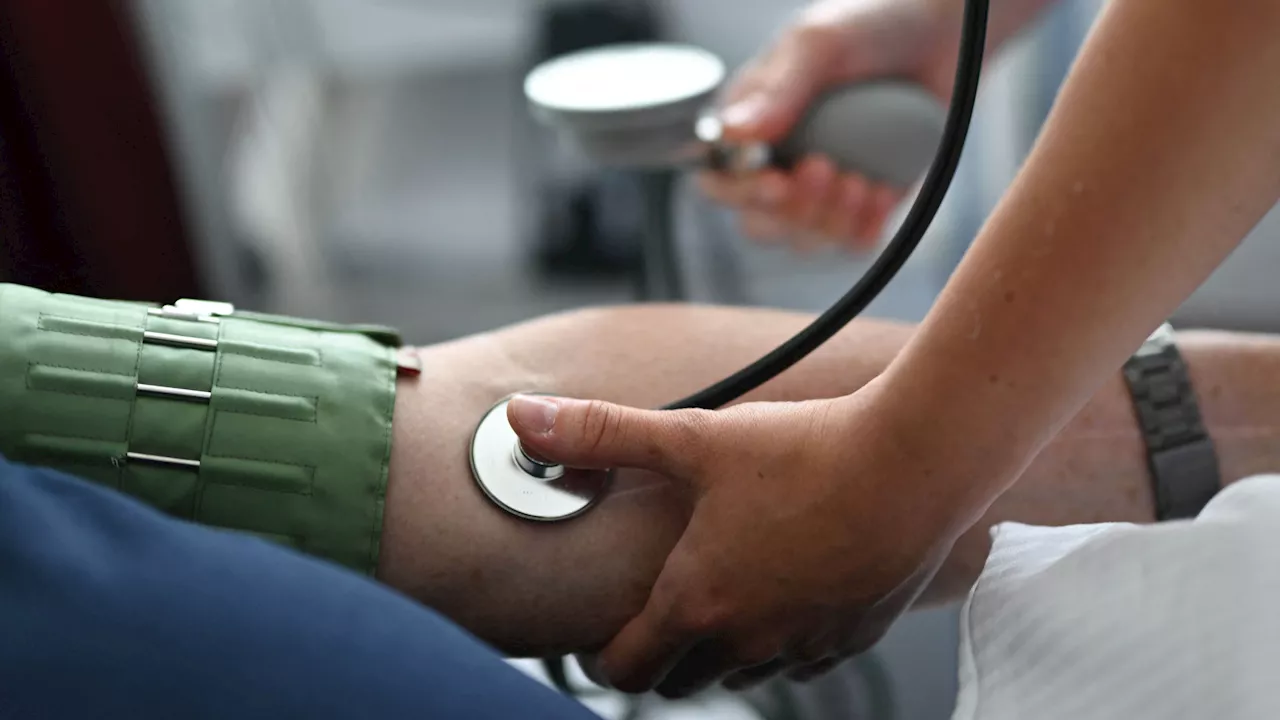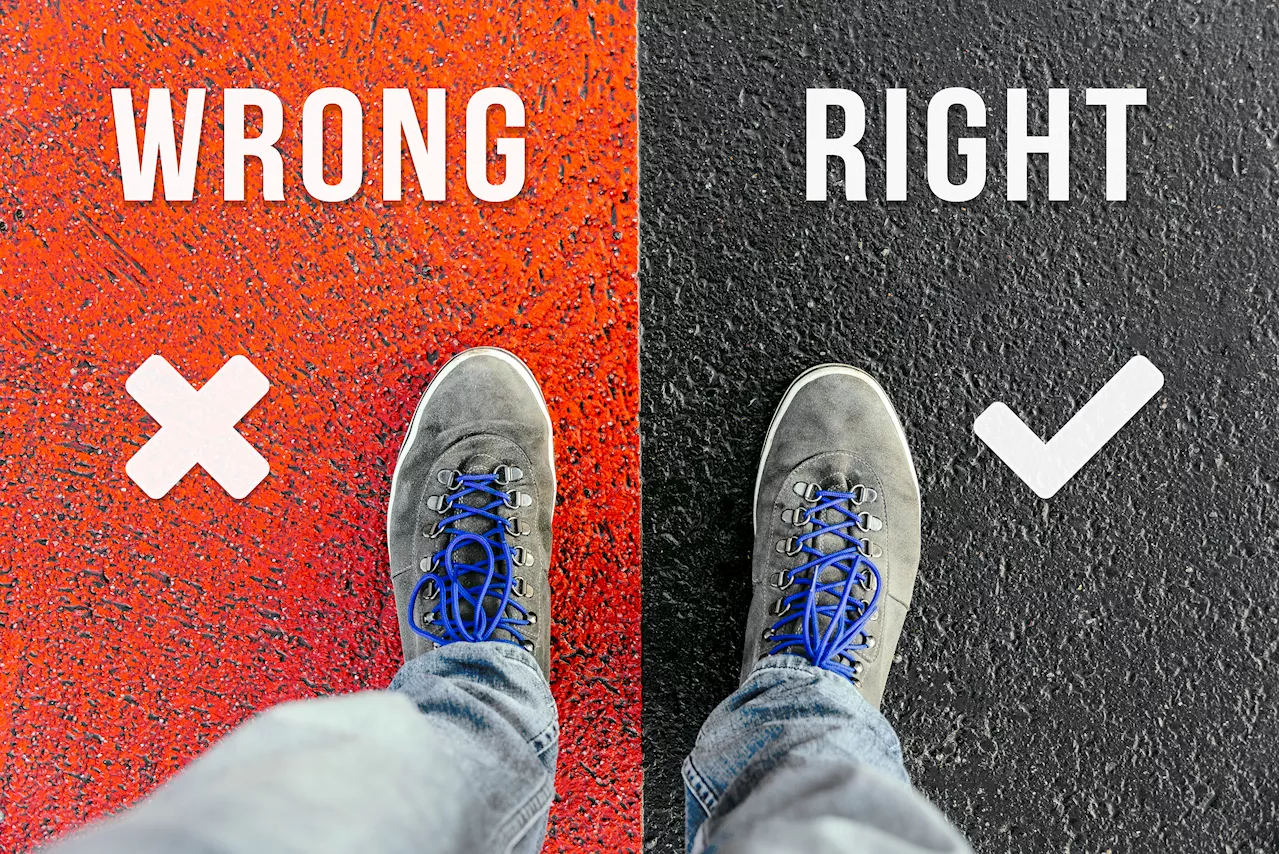A new study published in Plos One suggests that people are more likely to be confidently wrong in an argument when presented with limited information. Researchers found that individuals who read only one side of a story were more likely to agree with that viewpoint and express confidence in their opinion, even if they lacked all the facts.
There may be a psychological reason why some people aren’t just wrong in an argument — they’re confidently wrong. published Wednesday in the journal Plos One, it comes down to believing you have all the information you need to form an opinion, even when you don’t. that they can arrive at a reasonable conclusion with very little information,” said Angus Fletcher, a professor of English at Ohio State University, who co-wrote the study.
The surveys revealed a majority of people were much more likely to agree with the argument — either in favor of merging or staying separate — they had read, and that they were often confident they had enough information to have that opinion. People in the groups who had read only one point of view were also more likely to say they were more confident in their opinion than those in the control group who had read both arguments.
“We thought that people would really stick to their original judgments even when they received information that contradicted those judgments, but it turns out if they learned something that seemed plausible to them, they were willing to totally change their minds,” Fletcher said, adding that the research highlights the idea that people fail to contemplate whether they have all of the information about a situation.
“This study captures that with information,” Rogers said. “There seems to be a cognitive tendency to not realize the information we have is inadequate.”
Confidence Argumentation Decision-Making Cognitive Bias Information Processing
United States Latest News, United States Headlines
Similar News:You can also read news stories similar to this one that we have collected from other news sources.
 Arm position during blood pressure check may result in wrong hypertension diagnosis, study findsFrom scheduling appointments and medical exams before your insurance deductible resets for the year, to essential medications to keep in your home, NBC’s Dr. John Torres joins TODAY to answer viewer-submitted questions around staying safe and healthy for the rest of 2024.
Arm position during blood pressure check may result in wrong hypertension diagnosis, study findsFrom scheduling appointments and medical exams before your insurance deductible resets for the year, to essential medications to keep in your home, NBC’s Dr. John Torres joins TODAY to answer viewer-submitted questions around staying safe and healthy for the rest of 2024.
Read more »
 Arm position during blood pressure check may lead to wrong reading, study findsCommon arm positions during screening can cause a significant increase in the systolic pressure number.
Arm position during blood pressure check may lead to wrong reading, study findsCommon arm positions during screening can cause a significant increase in the systolic pressure number.
Read more »
 Columbus was a Sephardic Jew from Western Europe, study findsColumbus was a Sephardic Jew from Western Europe, study finds
Columbus was a Sephardic Jew from Western Europe, study findsColumbus was a Sephardic Jew from Western Europe, study finds
Read more »
 New Study Suggests AI Could Convince Conspiracy Theorists They’re WrongCould a Debunkbot change your mind?
New Study Suggests AI Could Convince Conspiracy Theorists They’re WrongCould a Debunkbot change your mind?
Read more »
 If You're Low In This Mineral, You Could Be At Risk Of AnemiaA new study finds an ironclad correlation.
If You're Low In This Mineral, You Could Be At Risk Of AnemiaA new study finds an ironclad correlation.
Read more »
 California Can Slake the Thirst of Its Farms by Storing Water UndergroundA new study finds that the state should replenish groundwater aquifers to sustain agriculture.
California Can Slake the Thirst of Its Farms by Storing Water UndergroundA new study finds that the state should replenish groundwater aquifers to sustain agriculture.
Read more »
